“If I have seen further it is by standing on the shoulders of giants.”
+ Isaac Newton
Isaac Newton didn’t know it, but he wrote that quote to appeal almost exclusively to the view we hold about Invisible Children alumni. Since the beginning of Invisible Children, we have seen hundreds of people come through these walls, exhaust themselves for the cause, and move forward to do massive things.
From former Roadie Anna Azarjew who now works in Washington DC at Global Zero to former Roadie/Intern/Livestream Ghandi Timmy Harris who is currently in New Zealand taking courses in hopes to become a television presenter, our alumni are some of the most Renaissance go-getters we know.
We were further than ecstatic when they started registering en mass to attend MOVE:DC. Over three hundred of our alumni attended our most successful event yet, and beautiful reunions were abounding on every street corner, in every restroom line, and amongst every mosh pit.
While it goes against all sort of Invisible Children training to not help out with logistics on the day of an event, we wouldn’t allow any of the alumni attending to lend their hands – we wanted them to be able to appreciate the work they did in the past and experience the event as a participant. (Sara Jo, we saw you helping. Stop that).
We asked a few of our alumni to try to summarize their emotions (something IC-ers are generally quite bad at) and answer several questions about their experience in Washington DC.
Bethany Bylsma
When did you work at Invisible Children + what was your job?
I worked at IC FOREVER. Which only equates to four years in real time. 2008-2012. Roadie, Event Coordinator, Regional Manager, Uganda Tour Logistics Coordinator, Alumni Coordinator, Mama Bird, Caffeine Supplier, Van Driver, Wallflower, S-Show Management, Caged Persons Supervisor, Livestream Celebrity (BARFING). You know the rest.
Why did you decide to go to MOVE:DC?
I had a hard time deciding to attend MOVE:DC. I wanted to go for the right reasons, and wasn’t totally sure what was going to constitute a right reason. I hosted a few Roadie teams, heard them talk about MOVE:DC and knew they believed it was the going to be the best, most important event IC had ever hosted. That sounded awfully familiar.
However, I heard through the grapevine that when it came to the conflict, the LRA and supporting institutions (ahem, Sudan) were waiting for the hype of KONY 2012 to die down, and once it did, they were preparing to be extremely active again.
And then I said, OH NO YOU DIDN’T.
Showing up is important. Showing up, even after you’ve given everything you know how to give is even more important. And knowing I now represented more than just IC Alumni was important too. I represent the school I attend, the state I am a constituent in, and the communities that supported me while I was at IC. And so I showed up for them.
What did MOVE:DC mean to you?
I spent the weekend reuniting with supporters, Roadies, staff members, my best friend, friends of friends of friends, and hope. And it was the first event that I fully participated in as a supporter, not a staffer. It was weird and wonderful and fully of beauty. That’s what MOVE:DC meant to me. I got to be reminded that I am not alone, that hope is real and I have to show up sometimes to be reminded of that. To see thousands of people who showed up, restored my faith in humanity. And after KONY 2012 – I still need reminding.
Thank you. All of you who made it happen. It was important. And people showed up.
Meagan Shorey
When did you work at Invisible Children + what was your job?
I was at IC from August 2010 to December 2011. I was a Roadie, Fourth Estate Event Planner, and a Movement Assistant. I also came back for a bit in March to help with KONY 2012.
Why did you decide to go to MOVE:DC?
I decided to go to MOVE:DC because I felt it was a culmination of everything the community at Invisible Children has worked towards for so many years. Invisible Children has tried to make this conflict known world-wide and this year did just that. I believe in the work abroad, the paradigm shifts in people, the unions formed in the conversations about what it means to try to change the world, and the growth that comes from criticism and asking questions. It’s about the continual support and the continual fight to see justice and celebrate successes. This year had the highest highs and biggest challenges and I believe it was a chance to fight for what you really believe in. All of this was addressed at MOVE:DC, and I didn’t want to sit on my couch or go see Twilight instead of being in attendance.
What did MOVE:DC mean to you?
The event showed me that the film was not just a fad. I couldn’t believe how many people were in attendance. I saw that the desire for justice is still very strong in people and we will not give up even if we’re not currently trending on Twitter. As a Roadie, my dream was to see the world aware and take action about the LRA. I remember conversations with co-workers about the idealistic dream of the nations coming together to address this issue and take action. MOVE:DC was the physical union of all these hopes. It wasn’t just a hope or a silly idealistic wish. It was real. And it was effective.
Claire Warne
When did you work at Invisible Children + what was your job?
Roadie: Pacific Northwest, Fall ’09…Middle America, Spring ’10… Deep South, Spring ’11
Why did you decide to go to MOVE:DC?
My first real event with IC was Lobby Days in the summer of 2009. I had already applied to be a Roadie at that point, and got the “YEA, you are accepted” call from HR a few days prior to leaving for the event. I attended the summit part of the event…then it was off to lobby my Senator, and I was so nervous. There was only me and one other girl in my group, and I didn’t know what to say. But when we arrived in the office and realized that the staffer was my age and was also pretty chill, I began to feel more comfortable. Being with so many young people, using our voices to talk to leaders about issues larger than us was so encouraging to me. During that weekend, I started a new family, and I had no idea how important that family would become 3 years later.
I came to MOVE:DC for numerous reasons, but I think the biggest reason was to surround myself for a few days with activists and people that wanted to see peace and justice for our friends in central and East Africa. I feel that with all the attention and international support IC has gotten this past year, we are so much closer than ever to finding an end to this atrocity. I truly believe that this is the year Joseph Kony will have his time in the Hague, and peace will begin to be seen in central and East Africa.
What did MOVE:DC mean to you?
Like I said, this IC family that has been created is so very important to me, and some of the closest friendships in my life have been met through my time at Invisible Children. I can say that I have brothers and sisters in Uganda and all across the world. We are the movers and the shakers. And I know that I will be able to tell people that I was a part of this movement.
Saul Malone
When did you work at Invisible Children + what was your job?
Saul Malone. Spring 2012 Roadie. Midwest region
Why did you decide to go to MOVE:DC?
I decided to go to MOVE:DC because I know how much of a change that communication with local and national representatives can make. The fact that I could be a part of the Global Summit on the LRA, the largest and most important of its kind no less, was too important to pass up. This event was literally history in the making. Representatives from the LRA-affected areas, as well as from the international community and difference-making institutions like the UN and ICC, speaking on this conflict? The idea was absolutely incredible. And, selfishly of course, the idea of having all of my best friends and favorite people in one place for a whole weekend was not going to happen without me being there. The thought of not going never even crossed my mind.
What did MOVE:DC mean to you?
MOVE: DC meant the culmination of years of hard work. Seeing alumni from every year really validated the work we had done. It truly showed that the work we’ve been doing and will continue to do is truly life changing, important, and transcends social constraints and normal. It was a humbling reminder that people are good and that peace is possible. In my opinion, it will be attained very soon. It also showed that, as an organization, we handle adversity like nobody’s business and that we’re stronger than we’ve ever been. And I could not be more proud to call myself a part of this family.
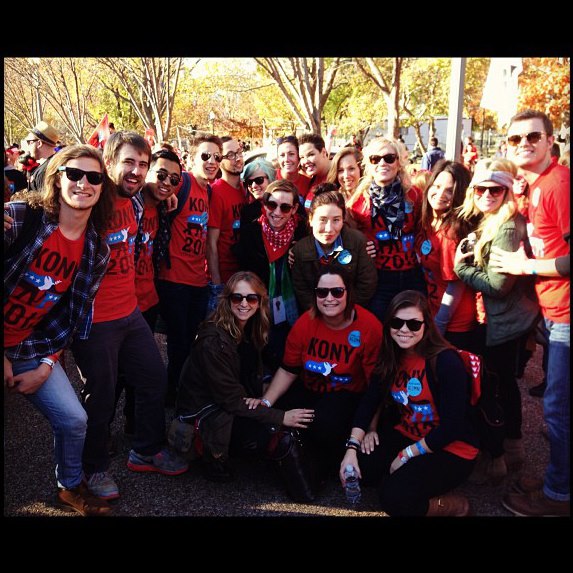
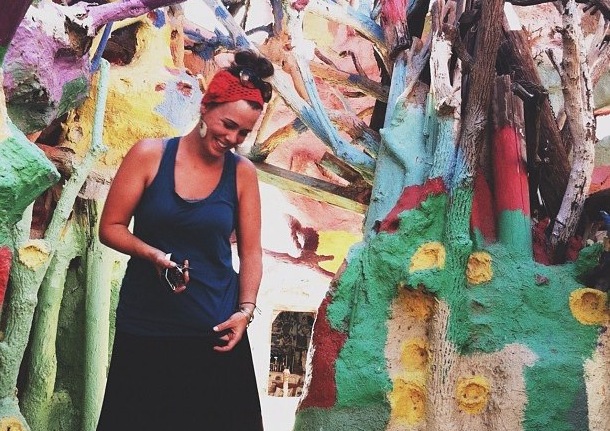
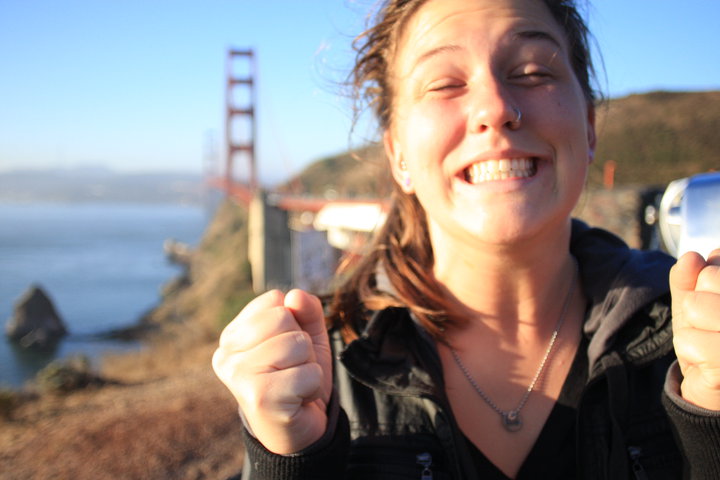
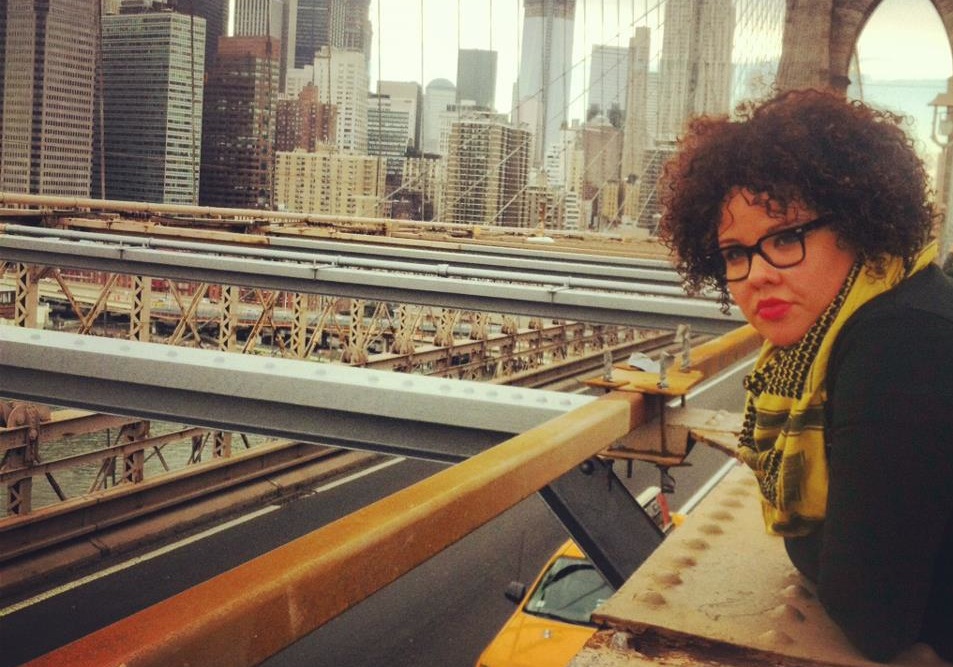
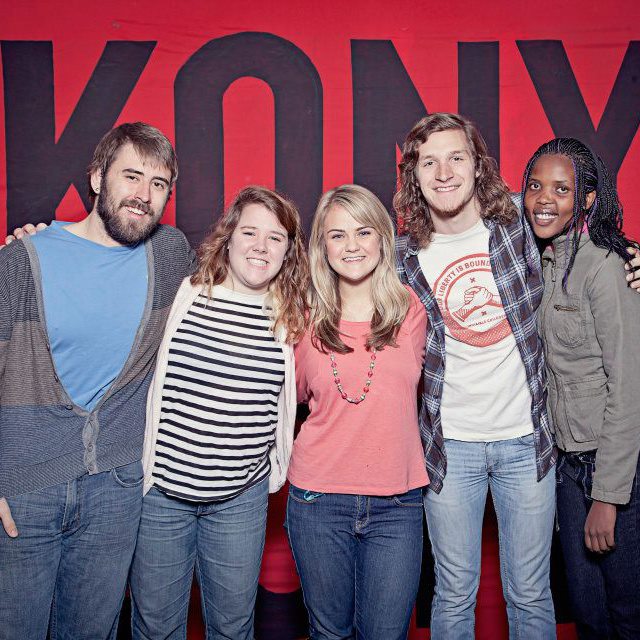
Think people should hear about this?